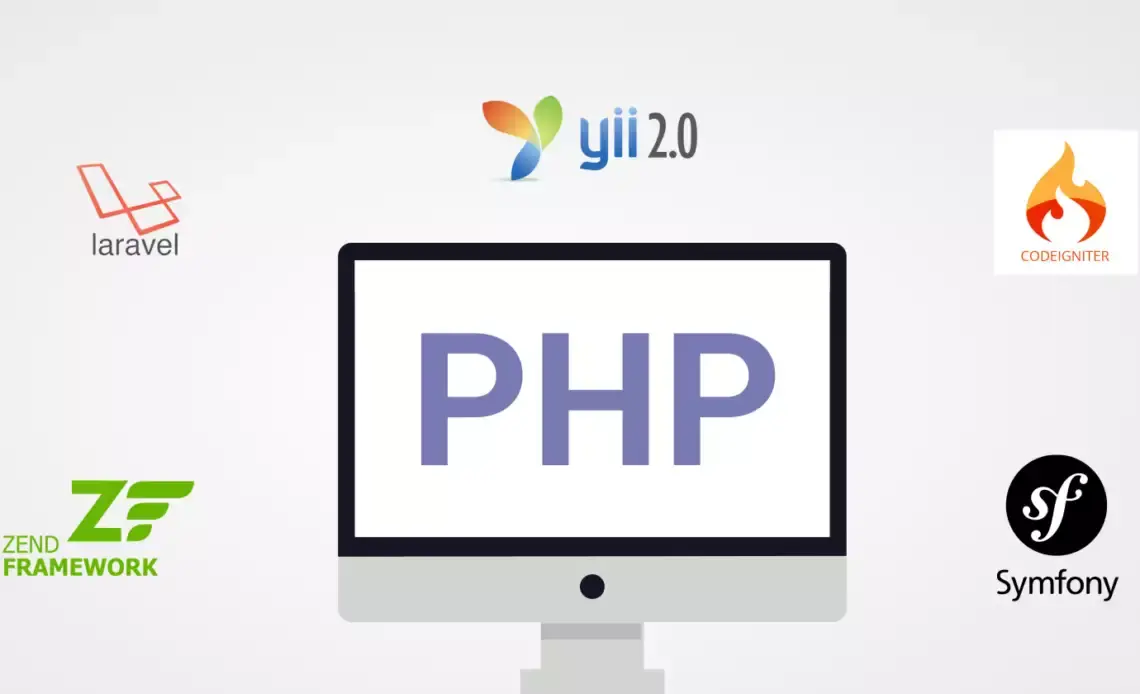When it comes to developing web applications using PHP, several frameworks offer robust features and functionalities. Among them, Laravel has gained significant popularity for its elegant syntax, extensive toolset, and developer-friendly environment. However, choosing the right PHP framework for your project requires careful consideration. In this blog post, we will compare Laravel with other prominent PHP frameworks, namely Symfony and CodeIgniter, to help you make an informed decision for your web development project.
Introduction to Laravel
Laravel is a modern PHP framework known for its expressive syntax, MVC architecture, and rich ecosystem of packages and libraries. It provides developers with a clean and elegant code structure, making it a popular choice for building scalable and feature-rich web applications. Laravel also offers powerful features like routing, caching, ORM (Eloquent), and testing utilities, streamlining the development process and boosting productivity.
Symfony
A Powerful and Versatile PHP Framework: Symfony is another widely used PHP framework known for its flexibility, reusability, and enterprise-level capabilities. It follows a component-based architecture, allowing developers to use specific Symfony components in their projects. Symfony's focus on testing, scalability, and modularity makes it a preferred choice for complex and large-scale applications. Its thriving community and extensive documentation further contribute to its popularity.
CodeIgniter
Lightweight and Efficient PHP Framework: CodeIgniter is a lightweight PHP framework that emphasizes simplicity, speed, and a small footprint. It provides essential features for web development without unnecessary complexity. CodeIgniter's minimalistic approach allows developers to quickly build applications with a small learning curve. It is well-suited for small to medium-sized projects that prioritize performance and simplicity.
Key Differences
Laravel vs. Symfony vs. CodeIgniter: While Laravel, Symfony, and CodeIgniter are all PHP frameworks, they have distinct characteristics and strengths. Laravel stands out with its elegant syntax, intuitive ORM (Eloquent), powerful routing system, and a rich ecosystem of packages through Laravel Forge and Laravel Vapor. Symfony excels in its flexibility, reusable components, and advanced features like event-driven architecture, dependency injection, and robust testing capabilities. CodeIgniter, on the other hand, shines with its simplicity, performance, and ease of use, making it an excellent choice for small to medium-sized projects.
When choosing between these frameworks, consider the size and complexity of your project, your team's expertise, scalability requirements, available resources, and community support. Laravel's comprehensive feature set and active community make it suitable for a wide range of projects, particularly those requiring rapid development and scalability. Symfony is an ideal choice for complex and enterprise-level applications that require extensive modularity and flexibility. CodeIgniter's simplicity and performance make it a viable option for smaller projects with straightforward requirements.
Ecosystem and Community
The ecosystem and community support surrounding a framework play a crucial role in its adoption and success. Laravel benefits from a vibrant community, a vast collection of packages through Laravel Forge and Laravel Vapor, and comprehensive documentation. Symfony boasts a mature ecosystem with reusable components, extensive documentation, and a strong emphasis on best practices and testing. CodeIgniter, although smaller in scope, still has an active community and offers useful resources and documentation for developers.
Choosing the Right PHP Framework for Your Project: To choose the most suitable PHP framework for your project, consider factors such as project size, complexity, scalability requirements, developer expertise, available resources, and


